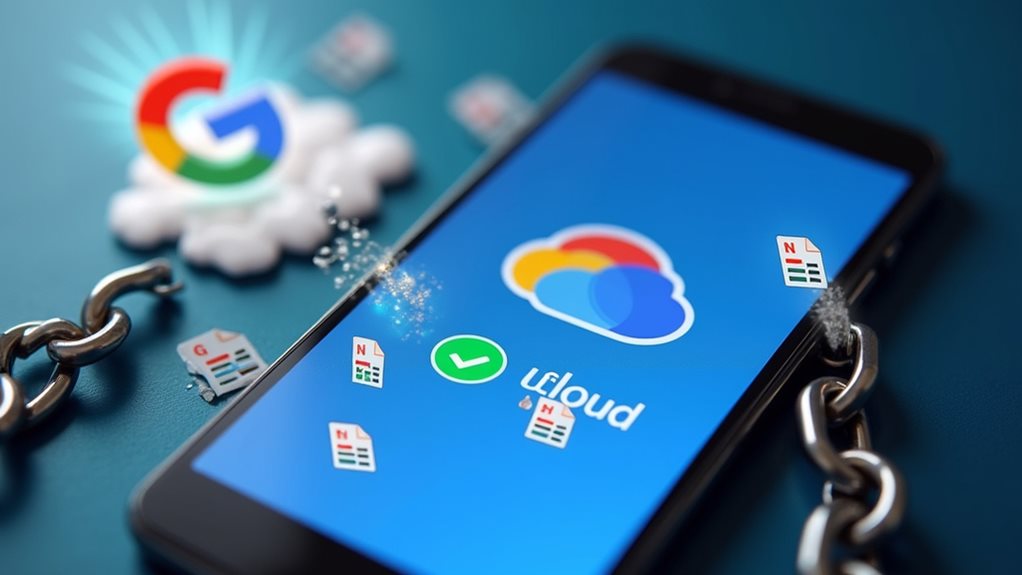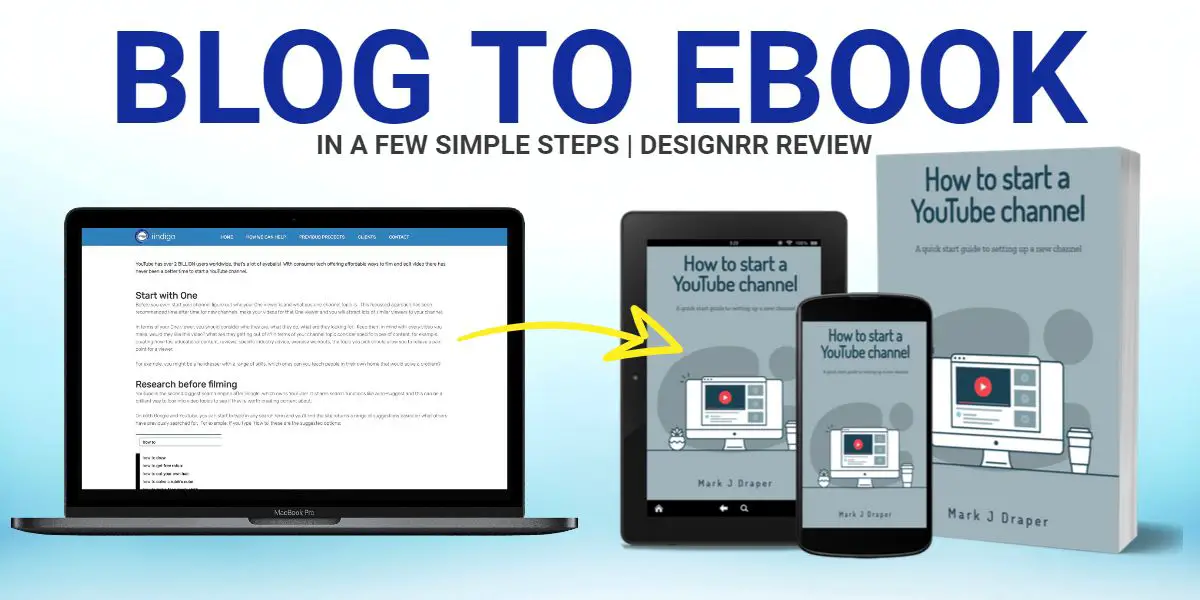After nearly a year of restrictions, Google has reinstated Nextcloud’s MANAGE_EXTERNAL_STORAGE permission on Android. You’ll now be able to upload all file types through the app again, not just photos and videos. This reversal follows significant public pressure and complaints about limited functionality. Nextcloud is currently developing an update to implement the restored permission, with a test release available immediately and a final update expected next week. The case highlights important questions about platform power dynamics.

After months of persistent appeals and growing public pressure, Google has finally reinstated the critical permission that allows Nextcloud’s Android app to upload all file types. The tech giant reversed its mid-2024 decision to revoke the MANAGE_EXTERNAL_STORAGE permission, which had severely limited the app’s functionality for millions of users.
The permission restoration came in May 2025, following significant media coverage and user complaints about Google’s original decision. With this change, you can once again upload documents, PDFs, and other non-media files from your Android device to Nextcloud servers.
Google had initially cited security concerns when removing the permission, despite Nextcloud’s multiple appeals. The restriction had limited uploads to media files like photos and videos, preventing the automatic syncing of important work documents and other file types.
Google’s arbitrary permission removal crippled Nextcloud, blocking users from syncing critical work documents under questionable security pretenses.
The limitation proved particularly frustrating for power users who rely on Nextcloud for productivity and thorough backups. Alternative solutions, such as using the F-Droid store version, were impractical for most users.
Nextcloud is now working on an app update to seamlessly integrate the restored permission. A test release is expected the same day as Google’s announcement, with a final update planned for early next week. You should update your app soon to access these restored features and enjoy the full functionality of the Nextcloud service.
The resolution marks a significant victory for Nextcloud and highlights the impact of public pressure in resolving tech industry disputes. The case drew attention to Google’s role as a gatekeeper in the Android ecosystem and raised questions about potential anti-competitive practices.
This incident may lead to increased scrutiny of Google’s app permission policies. Many observers note that the situation underscores the need for greater transparency and fairness in how tech giants implement policy changes that affect developers and users.
The restoration of full file upload capabilities is expected to substantially improve user satisfaction and trust in the Nextcloud platform, allowing you to once again use the service as intended for all your file storage needs. Critics have drawn parallels between Google’s actions and Microsoft’s tactics against competitors in the 1990s.
Frequently Asked Questions
How Did Google’s Policy Initially Impact Nextcloud Users?
Google’s revocation of the ‘All files access’ permission severely limited Nextcloud’s Android app functionality.
You could only upload media files like pictures and videos, not other file types. This affected millions of users who relied on full file synchronization capabilities.
The restriction was particularly frustrating since Nextcloud had used this permission since 2016 without any security issues.
Many users viewed this as an unfair limitation that favored Google’s own cloud services.
What Specific Legal Leverage Did Nextcloud Use Against Google?
Nextcloud leveraged European Union competition laws against Google, arguing that the tech giant’s actions constituted anticompetitive behavior.
You’ll notice they specifically cited potential violations of the Digital Markets Act and filed complaints with regulatory authorities.
They also referenced Google’s history of similar disputes with other apps to strengthen their case.
Nextcloud’s legal strategy emphasized how Google’s restriction unfairly favored its own services while limiting competitor functionality, a point that resonated with EU regulators.
Will Similar Apps Face the Same Restrictions Moving Forward?
You’ll likely see similar apps face comparable restrictions as regulators tighten cloud storage policies.
Cloud providers must navigate evolving data protection laws and industry standards for content monitoring. These regulatory pressures affect all storage services equally.
However, apps with strong legal positions or enterprise-focused business models might secure exemptions.
The industry is moving toward standardized compliance requirements, so expect more uniform policies across cloud storage platforms in the future.
Did Nextcloud Lose Users During the Restriction Period?
While there’s no official data on user losses during Nextcloud’s restriction period, you can reasonably assume some impact occurred.
The inability to upload most file types considerably hampered the app’s core functionality.
Users expressed frustration, and many likely explored alternatives when faced with such limited capabilities.
Though some loyal users might’ve waited for resolution or used workarounds like F-Droid, the restriction probably drove away users who needed full cloud storage functionality immediately.
What Alternative Upload Methods Were Available During the Restriction?
During the restriction period, you’d several alternative upload methods available.
You could install Nextcloud from F-Droid, which maintained full file upload capabilities without Google’s restrictions.
You could use the MediaStore API for uploading photos and videos only.
Manual uploading of media files remained possible after re-granting permissions.
The Storage Access Framework (SAF) was an option, though it disrupted automated sync workflows and required manual intervention for each file upload.





